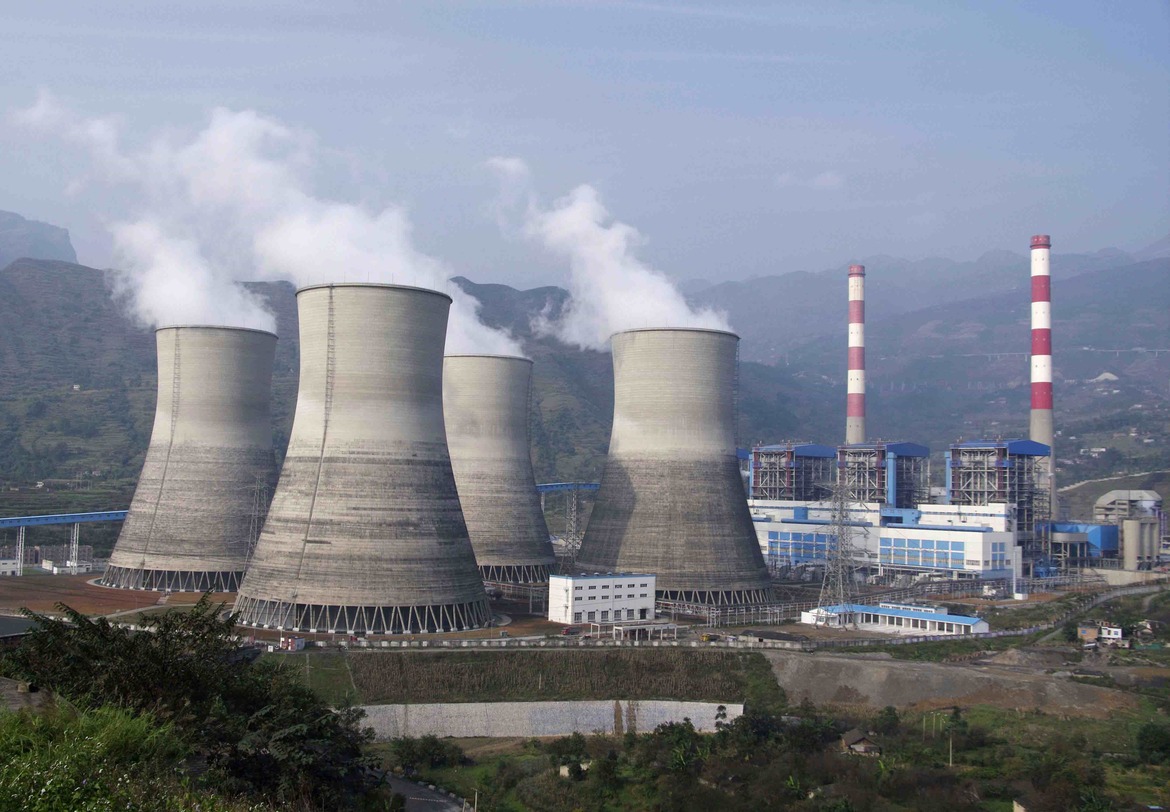Baghouse dust collectors are commonly used in power stations to capture airborne pollutants and protect workers and equipment. These systems are highly efficient and effective in controlling air pollution, which is critical in power stations where the emissions can have a significant impact on the environment.
The baghouse dust collectors in power stations typically use filter bags made of various materials, such as polyester, polypropylene, aramid, and fiberglass. The choice of filter bag material depends on several factors, such as the type of dust generated, the temperature of the process, and the operating conditions.

In power stations, coal-fired boilers are a major source of air pollution. The combustion of coal generates large quantities of ash, soot, and other pollutants that must be captured by the baghouse dust collectors. The filter bags used in these systems must be able to withstand high temperatures, abrasion, and chemical exposure.
PPS filter bags is the most common filter bags in power plants. And nowadays more plants use pps mixed ptfe fibers called pps composite filter bags to extend the filter bag working life and get better filtration efficiency.
Polyester filter bags are commonly used in power stations, as they offer good resistance to abrasion and chemicals. Aramid filter bags are also used in power stations, especially in high-temperature applications, such as coal-fired boilers. Aramid filter bags are known for their excellent resistance to heat and abrasion, making them ideal for harsh operating conditions.
Fiberglass filter bags are another option for power stations, as they offer superior resistance to high temperatures and chemical exposure. These bags are commonly used in applications where the operating temperatures exceed 200°C (392°F).
In summary, baghouse dust collectors are essential in power stations to control air pollution and protect workers and equipment. The filter bags used in these systems must be able to withstand high temperatures, abrasion, and chemical exposure, making materials such as nonwoven polyester needle filter felt, pps needle punched felts, and fiberglass woven fabrics popular choices. The choice of filter bag cloth depends on the type of dust generated and the temperature and operating conditions of the process.
